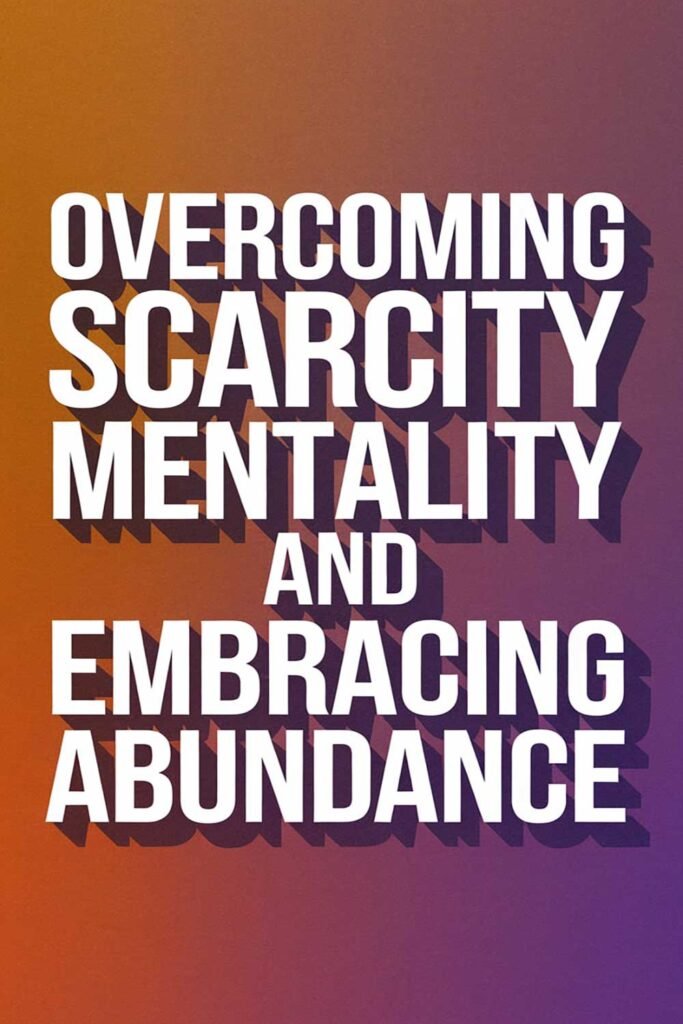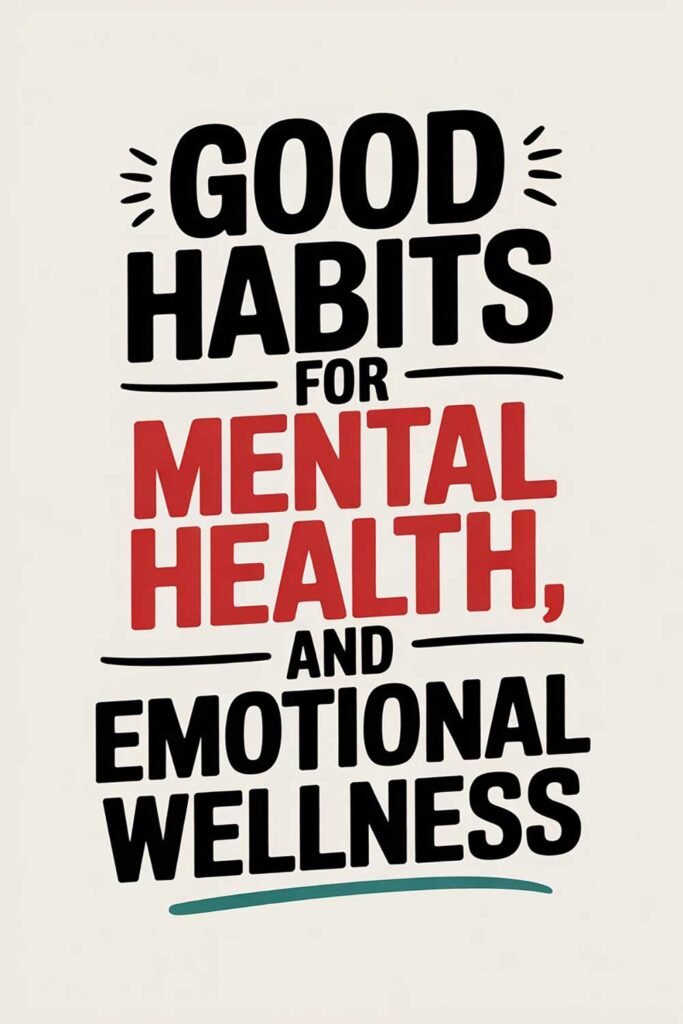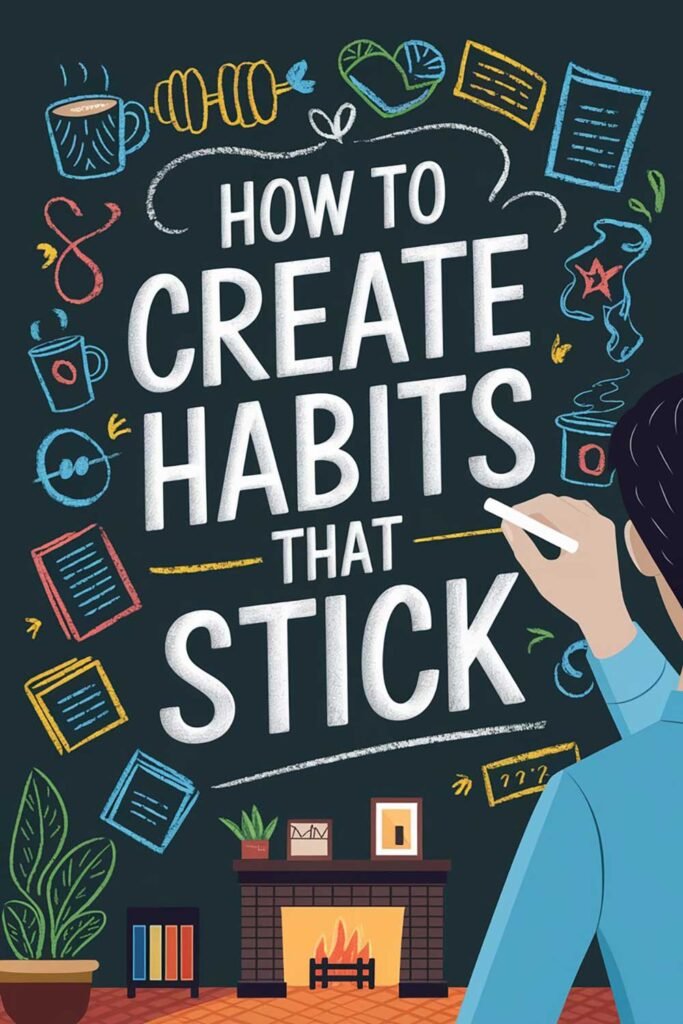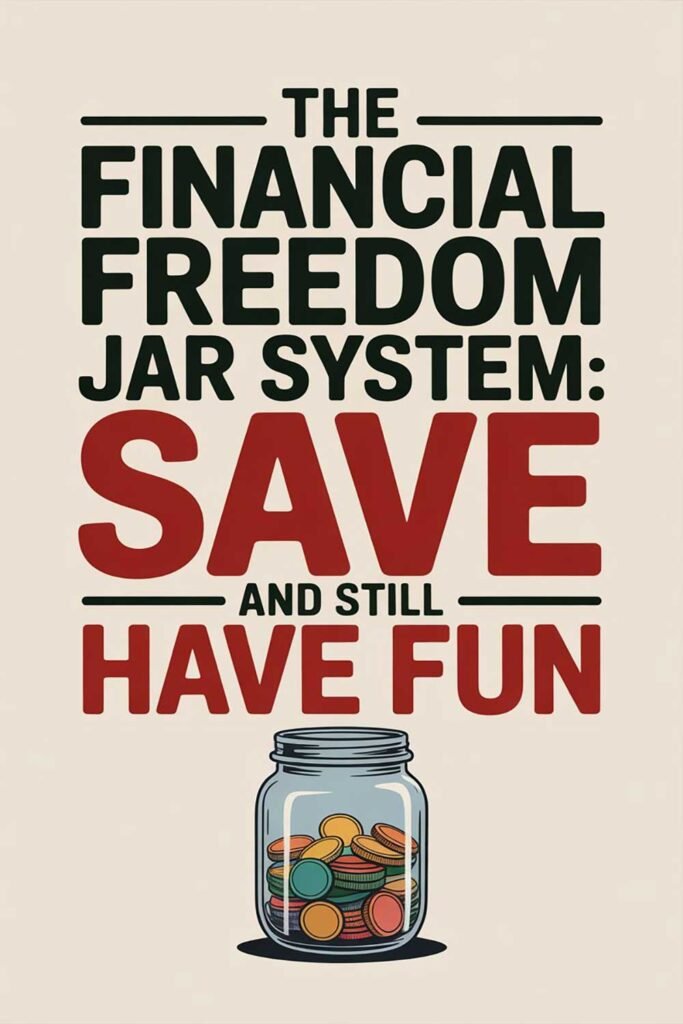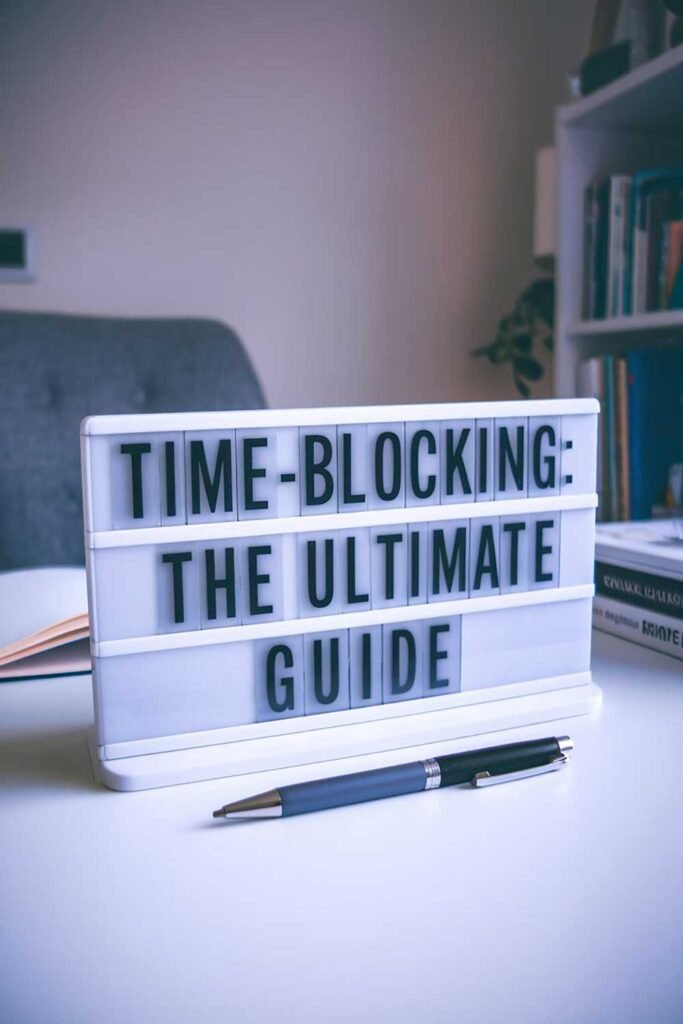Setting Money Goals When You’re in Debt
Being in debt can feel like trying to run a marathon with weights strapped to your ankles. You want to get ahead, but you feel stuck just trying to stay afloat. Setting money goals while in debt might seem pointless—but it’s actually one of the most powerful things you can do to regain control and create a better future.
You can still dream. You can still plan. You can still build wealth. But it starts with a strategy.
In this article, we’ll explore how to set realistic and empowering money goals even while managing debt. We’ll walk through practical steps, share real-life examples, and show you how to take control without overwhelm.
Why You Should Set Goals Even When You’re in Debt
Too many people wait to set goals until they’re out of debt. But goal-setting while you’re in debt can:
- Give you clarity and direction
- Boost motivation and confidence
- Help you build better money habits
- Reduce financial stress
- Create a clear path to freedom
Goals aren’t just about the end result—they’re about giving you hope and control in the present.
Step-by-Step: How to Set Money Goals While Managing Debt
1. Get Clear on Your Current Financial Picture
Start by listing:
- All your debts (amounts, minimum payments, interest rates)
- Your income sources
- Fixed and variable monthly expenses
This gives you a clear foundation. Awareness is the first step to progress.
Real-Life Example:
Rachel was terrified to look at her student loan balance. But once she wrote everything out, she realized she could make more progress than she thought by cutting back on subscriptions and eating out.
2. Create Micro-Goals Within the Larger Goal
Instead of saying, “I want to be debt-free,” break it into:
- “I want to pay off my smallest credit card in 3 months.”
- “I want to save a $500 emergency fund this quarter.”
- “I want to lower my interest rate by consolidating loans.”
Small wins create momentum.
3. Choose a Debt Payoff Strategy
You have two main options:
- Debt Snowball: Pay off the smallest debts first (builds confidence)
- Debt Avalanche: Pay off the highest-interest debts first (saves money)
Choose the one that fits your mindset. Either works—what matters is consistency.
Real-Life Example:
Mark used the snowball method and paid off three credit cards in one year. Every paid-off account gave him a confidence boost and a bigger snowball to roll forward.
4. Set a Monthly Debt Payoff Target
Based on your budget, determine how much you can allocate toward debt each month.
Even $50 extra can make a difference when applied consistently.
5. Add a Small Savings Goal (Even While in Debt)
You might think savings should wait—but building even a tiny emergency fund can prevent you from going deeper into debt.
Start with a $250 or $500 mini fund to cover surprise expenses.
Real-Life Example:
Jill set aside $10 per week in a “surprise fund.” When her tire blew out, she had enough saved to cover it without using a credit card.
6. Track Your Progress Visually
Use a printable tracker, spreadsheet, or app to see your balance drop. Visual progress motivates action.
Tip: Make a paper chain where each link represents $100 of debt. Remove a link for every $100 you pay off.
7. Celebrate Milestones (Without Spending)
Set non-financial rewards for when you:
- Pay off a credit card
- Save $100
- Hit a 3-month streak of on-time payments
Celebrate progress without sabotaging it.
8. Automate Payments and Round-Ups
Set automatic payments for minimums so you never miss one. Use apps that round up purchases and apply the change to your debt or savings.
9. Increase Income When Possible
If your budget is stretched too thin, look for ways to earn extra income:
- Freelancing
- Selling unused items
- Gig work (rideshare, delivery, pet sitting)
Real-Life Example:
After picking up weekend dog-sitting jobs, Alex was able to add $300 a month to his debt payments.
10. Keep Your “Why” Front and Center
Debt repayment is a long game. Keep a reminder of what financial freedom will mean to you:
- More peace
- Less stress
- Travel or home ownership
- Supporting family
Your “why” will carry you through the hard days.
Real Stories of Setting Goals in Debt
Nina’s Emergency Fund Win
Nina was $14,000 in debt but decided to save $20 per paycheck in a separate savings account. It took 6 months, but she finally built a $500 emergency fund. That fund gave her confidence to keep tackling her debt.
Leo’s Credit Card Breakthrough
Leo used to carry balances on five different cards. He created a goal to pay off one card every quarter. Two years later, he was debt-free and built a side hustle from the budgeting skills he developed.
20 Quotes About Money Goals and Debt
“Don’t tell me what you value. Show me your budget, and I’ll tell you what you value.” – Joe Biden
“The journey of a thousand miles begins with a single step.” – Lao Tzu
“It does not matter how slowly you go, as long as you do not stop.” – Confucius
“Debt is like any other trap, easy enough to get into, but hard enough to get out of.” – Josh Billings
“The best way to predict your future is to create it.” – Abraham Lincoln
“A budget is telling your money where to go instead of wondering where it went.” – Dave Ramsey
“Financial freedom is available to those who learn about it and work for it.” – Robert Kiyosaki
“Progress, not perfection.” – Unknown
“You must gain control over your money, or the lack of it will forever control you.” – Dave Ramsey
“Discipline is the bridge between goals and accomplishment.” – Jim Rohn
“What gets measured gets managed.” – Peter Drucker
“Live like no one else now, so you can live like no one else later.” – Dave Ramsey
“The man who never has money enough to pay his debts has too much of something else.” – James Lendall Basford
“Set a goal so big that you can’t achieve it until you grow into the person who can.” – Zig Ziglar
“Every dollar you pay off is one less chain holding you back.” – Unknown
“Start where you are. Use what you have. Do what you can.” – Arthur Ashe
“Debt is normal. Be weird.” – Dave Ramsey
“You don’t have to be rich to start. You have to start to become rich.” – Unknown
“Clear goals lead to clear results.” – Unknown
“Small efforts repeated consistently create massive results.” – Unknown
🧠 Picture This
Imagine looking at your bank account and seeing your debt shrinking instead of growing. You’re not stressed by bills anymore. You have a savings cushion. You’re planning a future—not fearing it.
You’re no longer reacting. You’re creating.
Your debt doesn’t define you. Your actions do.
And every goal you hit—no matter how small—builds the life you’ve been dreaming of.
What would it feel like to finally be in control of your money?
📣 Please Share This Article
If this article helped you or reminded you of someone who could benefit from it, please share it. Whether it’s with a friend, a loved one, or on social media, your share could be the encouragement someone needs to take their first step toward financial freedom.
⚠️ Disclaimer
This article is based on personal experience and educational insight. It is for informational purposes only and does not constitute financial advice. Please consult a certified financial advisor or credit counselor for guidance specific to your situation.

